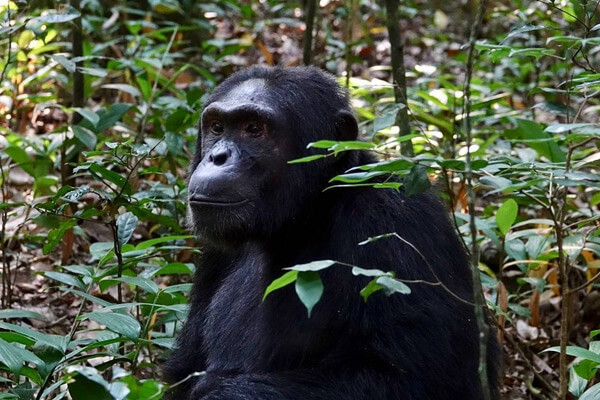Uganda People and Culture
Although Uganda is inhabited by a large variety of ethnic groups, a division is usually made between the “Nilotic North” and the “Bantu South.” Bantu speakers form the largest portion of Uganda’s population. Of these, the Ganda remain the largest single ethnic group, constituting roughly one-sixth of the total national population. Other Bantu speakers are the Soga, Gwere, Gisu, Nyole, Samia, Toro, Nyoro, Kiga, Nyankole, Amba, and Konjo. A sizable population of Rwanda (Banyarwanda) speakers, who had fled Rwanda in the late 1960s and early ’70s, also lived in Uganda until the mid-1990s.

There are at least 32 languages spoken in Uganda, but English and Swahili—both official languages and Ganda are the most commonly used. English is the language of education and of government, and, although only a fraction of the populace speaks English well, access to high office, prestige, and economic and political power is almost impossible without an adequate command of that language. Swahili was chosen as another official national language because of its potential for facilitating regional integration, although Ugandans’ command of Swahili falls substantially below that of Tanzania, Kenya, and even eastern Democratic Republic of the Congo. In addition, Swahili is unpopular with a large proportion of Ugandans who consider it the language of past dictators and armies.
Recommendation
Uganda Suggested Safari Packages

Tailor-Made Tour
First time on Safari?
Let’s start designing your Holiday
A new way to create your safari. African travel is opening up to the world. Create your first trip here and let us know what you think. You can trust our insightful team of travel experts to design a first time safari that experience in Kenya, Tanzania, Uganda and Rwanda….








